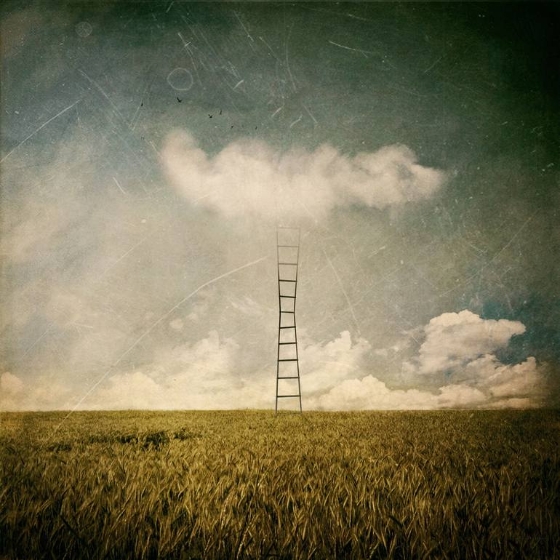 Photograph by Michael Vincent Manalo
Photograph by Michael Vincent Manalo
THE western wind is blowing fair
Across the dark Ægean sea,
And at the secret marble stair
My Tyrian galley waits for thee.
Come down! the purple sail is spread,
The watchman sleeps within the town,
O leave thy lily-flowered bed,
O Lady mine come down, come down!
She will not come, I know her well,
Of lover’s vows she hath no care,
And little good a man can tell
Of one so cruel and so fair.
True love is but a woman’s toy,
They never know the lover’s pain,
And I who loved as loves a boy
Must love in vain, must love in vain.
O noble pilot tell me true
Is that the sheen of golden hair?
Or is it but the tangled dew
That binds the passion-flowers there?
Good sailor come and tell me now
Is that my Lady’s lily hand?
Or is it but the gleaming prow,
Or is it but the silver sand?
No! no! ’tis not the tangled dew,
’Tis not the silver-fretted sand,
It is my own dear Lady true
With golden hair and lily hand!
O noble pilot steer for Troy,
Good sailor ply the labouring oar,
This is the Queen of life and joy
Whom we must bear from Grecian shore!
The waning sky grows faint and blue,
It wants an hour still of day,
Aboard! aboard! my gallant crew,
O Lady mine away! away!
O noble pilot steer for Troy,
Good sailor ply the labouring oar,
O loved as only loves a boy!
O loved for ever evermore!
Oscar Wilde





